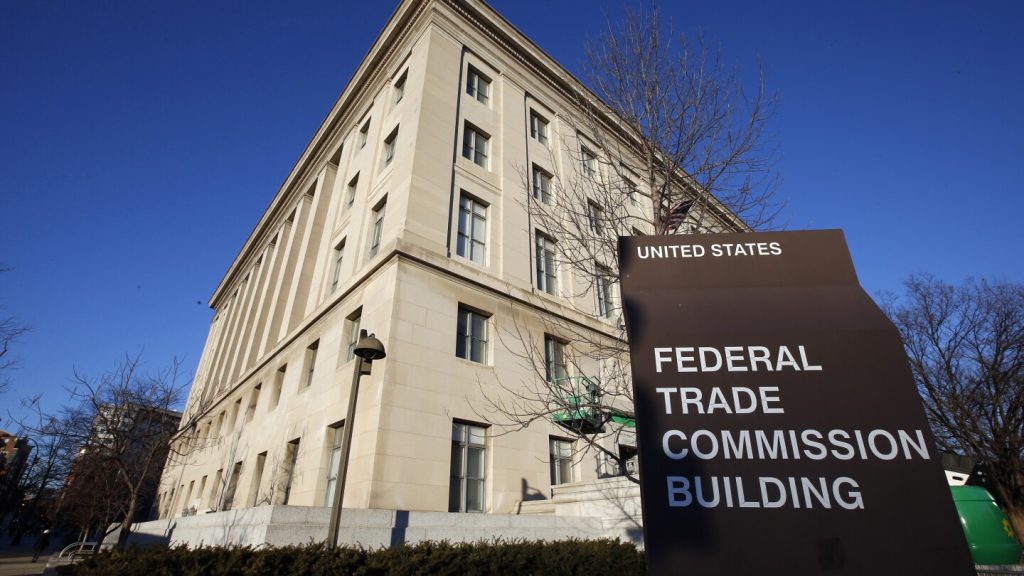The federal government has filed a lawsuit against three major pharmacy benefit managers (PBMs) – Caremark, Express Scripts, and OptumRx – alleging that their practices led to a significant increase in the price of insulin for diabetic patients. These PBMs, which process about 80% of prescriptions in the US, have been accused of engaging in anticompetitive practices that have artificially inflated the list prices of insulin. The FTC claims that the current system prioritizes high-priced insulins and excludes lower-priced alternatives, forcing certain patients to pay higher out-of-pocket costs.
The price of insulin has become a prominent issue during this year’s presidential election, with pharmacy benefit managers drawing criticism from politicians, patients, and other stakeholders. PBMs have defended their role in controlling drug costs and have stated that they pass on most of the discounts they negotiate to their clients. However, the FTC has alleged that the rebate practices of these companies have led to price increases and have disadvantaged patients who rely on insulin for managing diabetes. Caremark, Express Scripts, and OptumRx have all pushed back against the government’s allegations, with some calling them baseless and politically motivated.
The FTC’s lawsuit comes after a two-year inquiry into PBMs and their drug pricing tactics. The agency has expressed concerns about the power that PBMs hold as middlemen between drug manufacturers and pharmacies, suggesting that they may be profiting from inflating drug costs and squeezing smaller pharmacies. The Wall Street Journal reported in July that the FTC was planning to sue the three major PBMs over their pricing strategies. Express Scripts, one of the companies named in the lawsuit, has called for the retraction of a report published by the FTC earlier this year, which described PBMs as powerful entities that could be contributing to rising drug prices.
In response to the FTC’s allegations, Caremark has emphasized its efforts to negotiate deep discounts for clients and make insulin more affordable for members. Express Scripts has accused the FTC of ignoring facts and focusing on political points rather than protecting consumers. Optum has defended the role of PBMs as counterweights to pharmaceutical companies and has criticized the FTC’s accusations as unfounded. The legal battle between the federal government and these PBMs highlights the ongoing debate over drug pricing in the US and the role that middlemen like PBMs play in determining the cost of medications for patients.
As the lawsuit unfolds, the focus will likely shift to the influence and practices of pharmacy benefit managers in the healthcare industry. The outcome of this legal battle could have significant implications for how drug prices are negotiated and set in the future, particularly for essential medications like insulin. Patients, policymakers, and other stakeholders will be closely watching the case to see how it may impact access to affordable medications for those who rely on them for managing chronic conditions like diabetes. The controversy surrounding PBMs and their pricing practices is likely to remain a contentious issue in the healthcare landscape as efforts to address rising drug costs continue.


